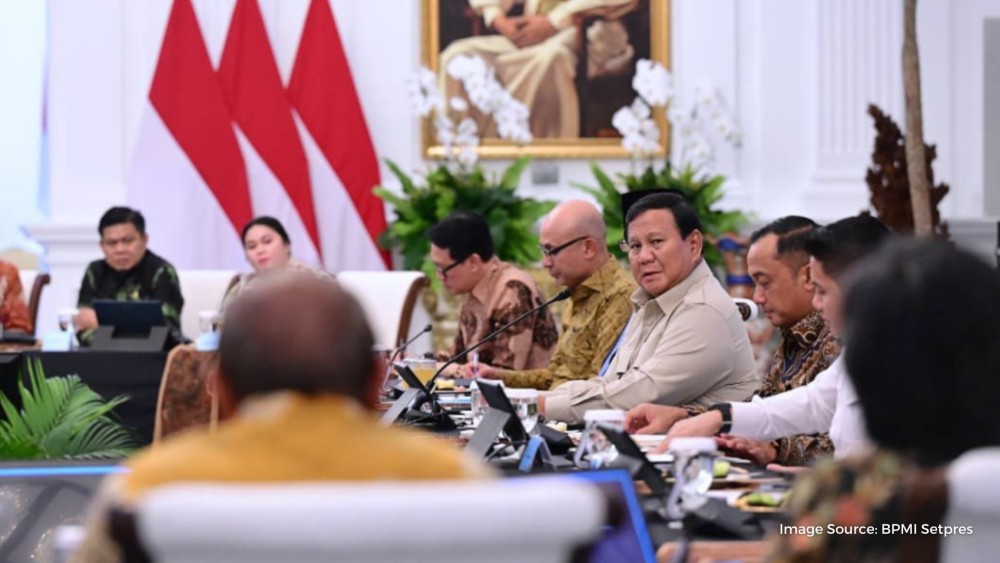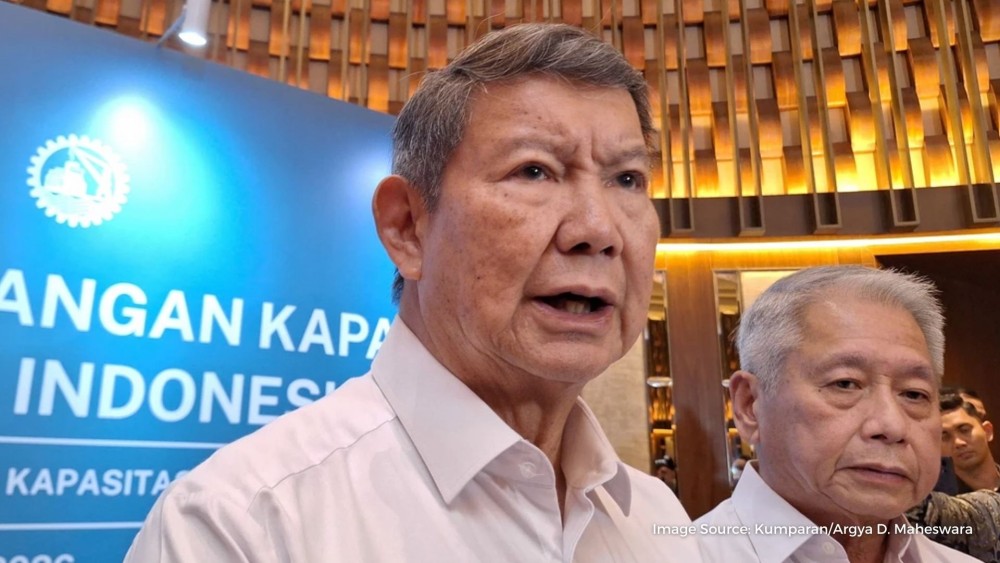Govt. Targets Up to 5.8% Economic Growth in 2026
20 May 2025

The Indonesian government has set a target of between 5.2% to 5.8% of economic expansion in 2026. The projection was presented during a plenary session at the House of Representatives on Tuesday, May 20, wherein Finance Minister Sri Mulyani laid out the government’s 2026 Macroeconomic Framework and Fiscal Policy Principles (KEM PPKF).
She explained that the target was designed with several priorities in mind: maintaining household purchasing power, pushing for structural reforms, accelerating downstream processing of natural resources, improving the investment climate, and strengthening human capital. According to Sri Mulyani, this range is not only realistic but also crucial in laying the groundwork for President Prabowo Subianto’s long-term goal of reaching 8% economic growth by 2029, in support of Indonesia’s 2045 development vision.
Compared to the 2025 macro framework, which projected growth between 5.1% and 5.5%, the 2026 figure marks an upward revision. However, the lower end of the 2026 range remains consistent with the 2025 state budget projection of 5.2 %. Sri Mulyani noted that the framework is based on an ongoing evaluation of how ministries and state agencies are executing their 2025 budgets. That evaluation, she added, will directly influence how the 2026 state budget is drafted.
“We still have about two months, so the performance and efficiency of each ministry and institution will be taken into account when setting next year’s budget ceiling,” she said.
The finance minister also emphasized that next year’s fiscal policy will focus on reducing import dependency by boosting domestic production of essential food commodities like rice, corn, milk, and meat. She said the budget would support fertilizer subsidies, agricultural machinery assistance, land expansion programs, access to high-quality seeds, and the continued role of Bulog in keeping food prices stable. Ensuring consistent supply while also improving the livelihoods of farmers and fishers remains a challenge, she said, but one the government is committed to addressing.
She added that the state budget will help expand financing access for farmers, fishers, and small businesses, while also strengthening food storage systems and local food reserves.
In the energy sector, the government plans to continue its transition from B40 to B50 biodiesel as part of its clean energy commitment. Fiscal support will go toward infrastructure development, biofuel distribution, vehicle technology testing, and building a stronger renewable energy ecosystem.
“The government will expand investment in clean energy projects, such as solar, hydro, geothermal, and even waste-to-energy,” she said.
This article is published in partnership with Katadata
Original article here






